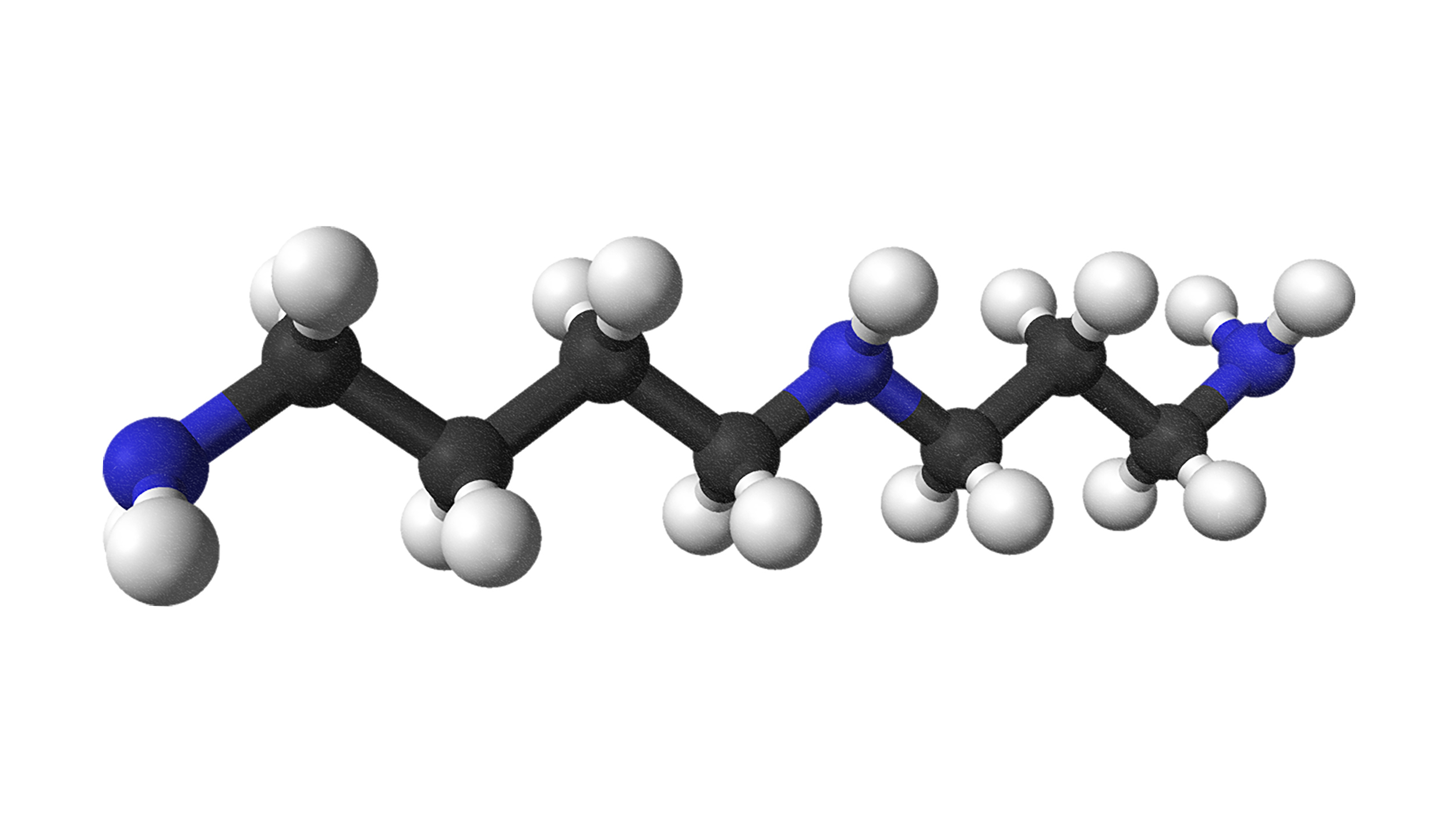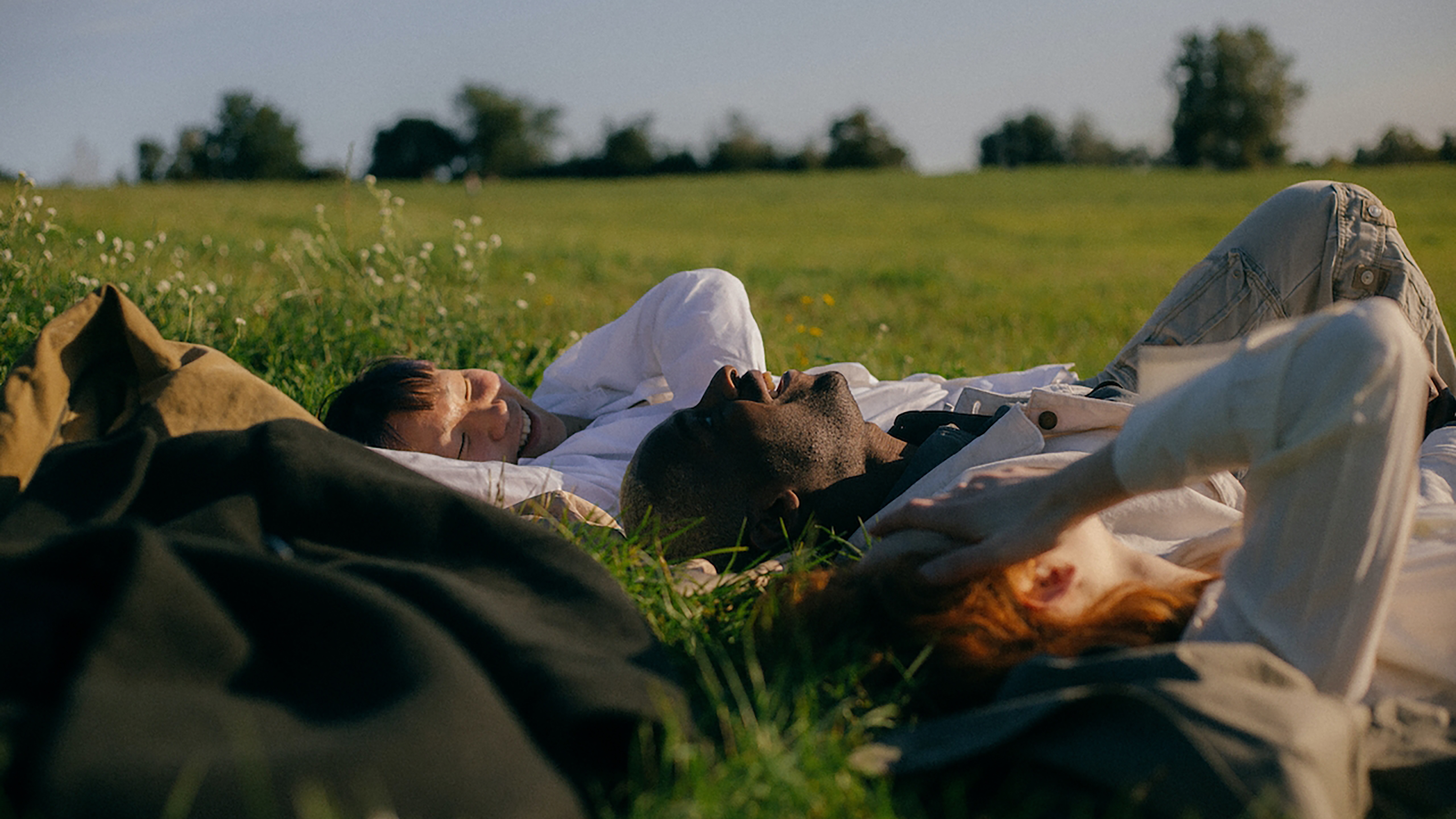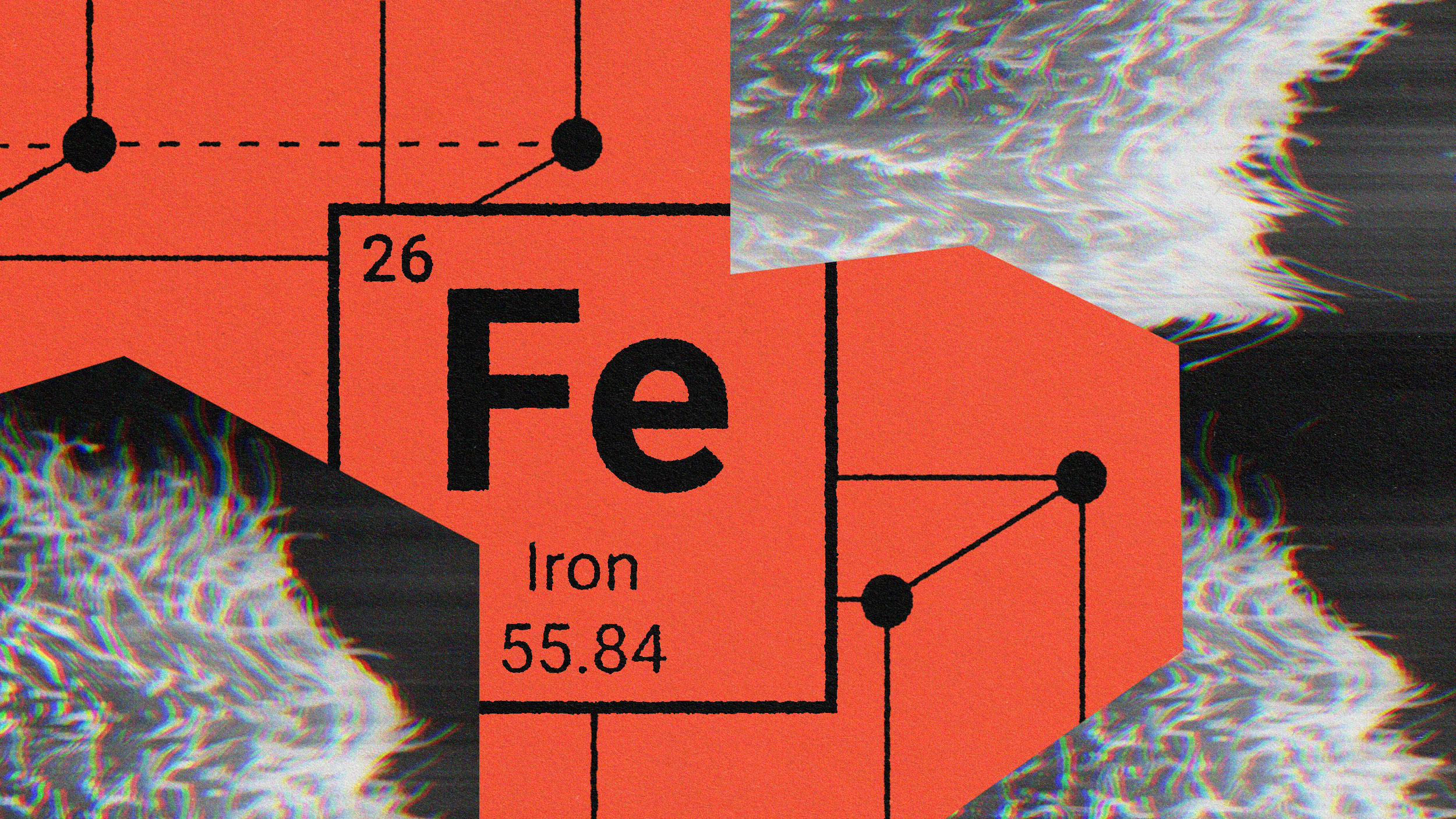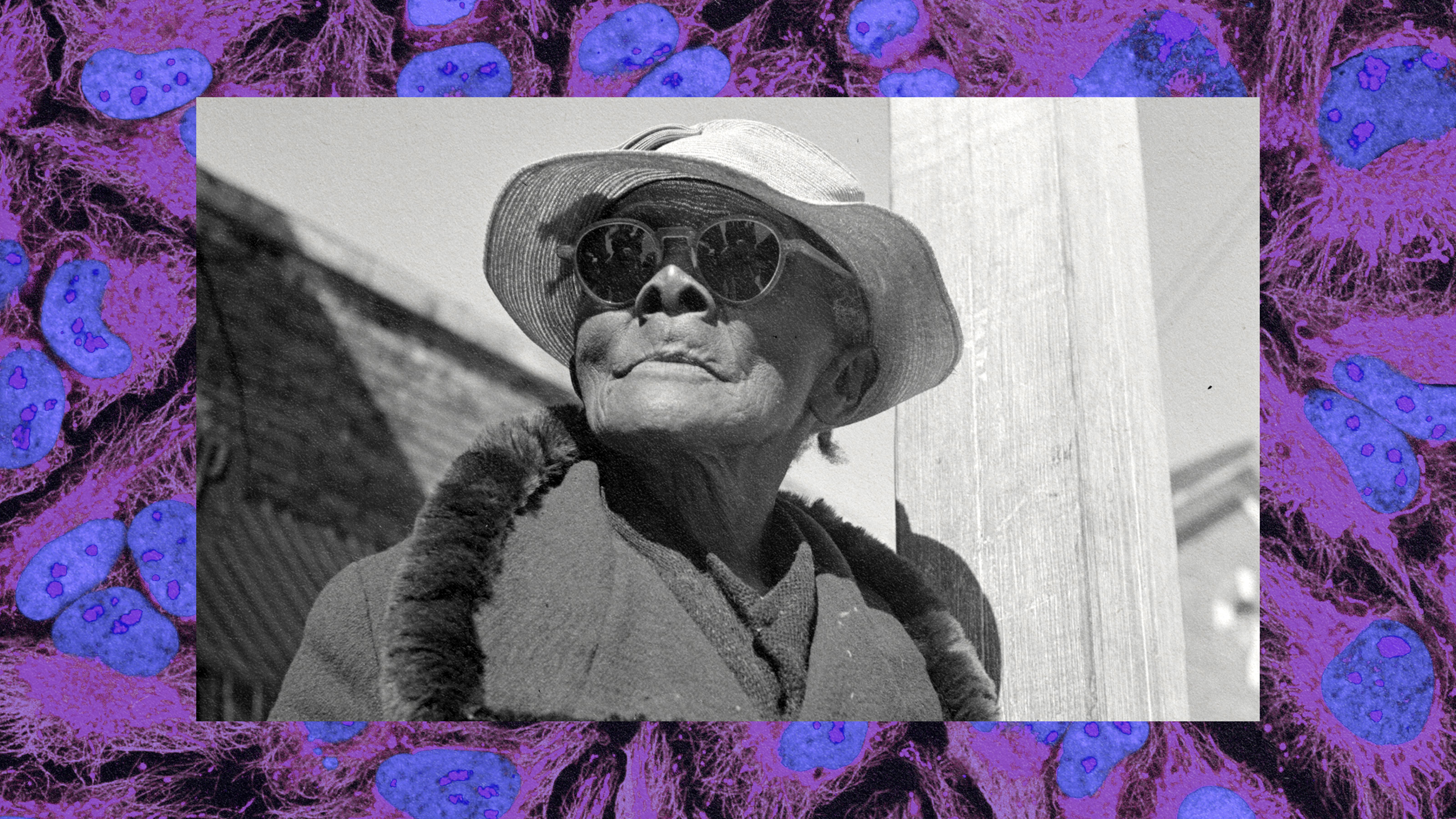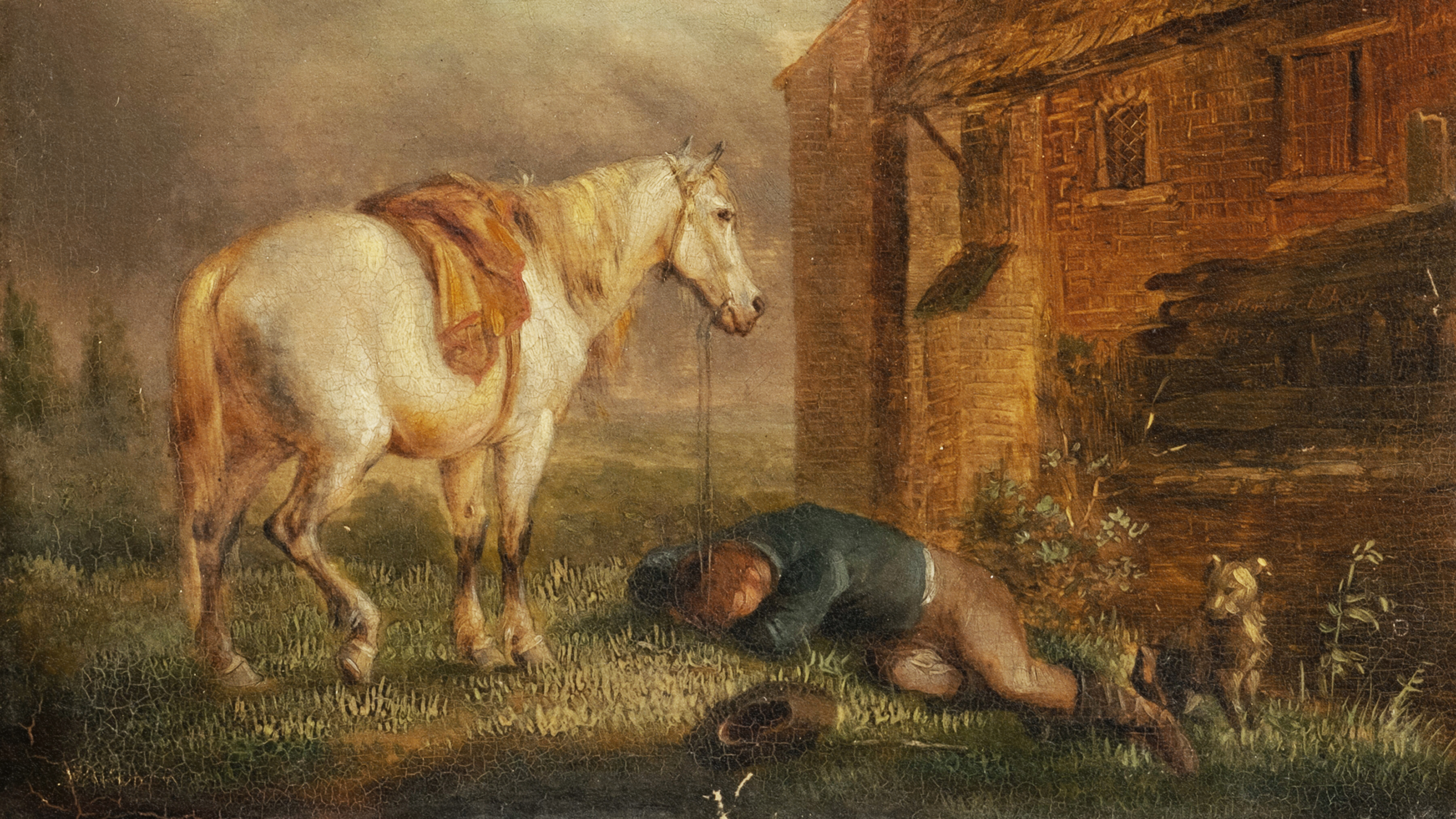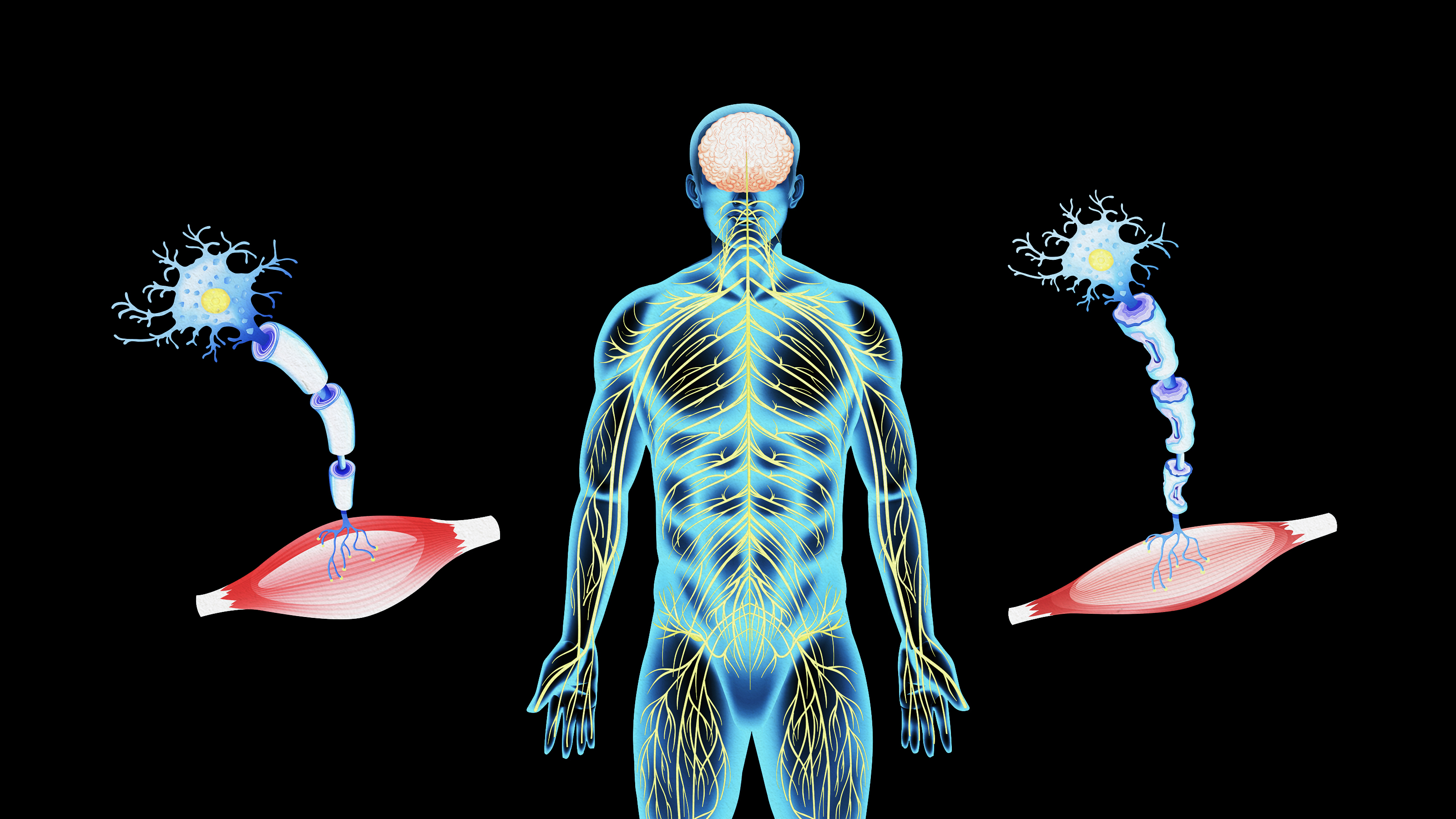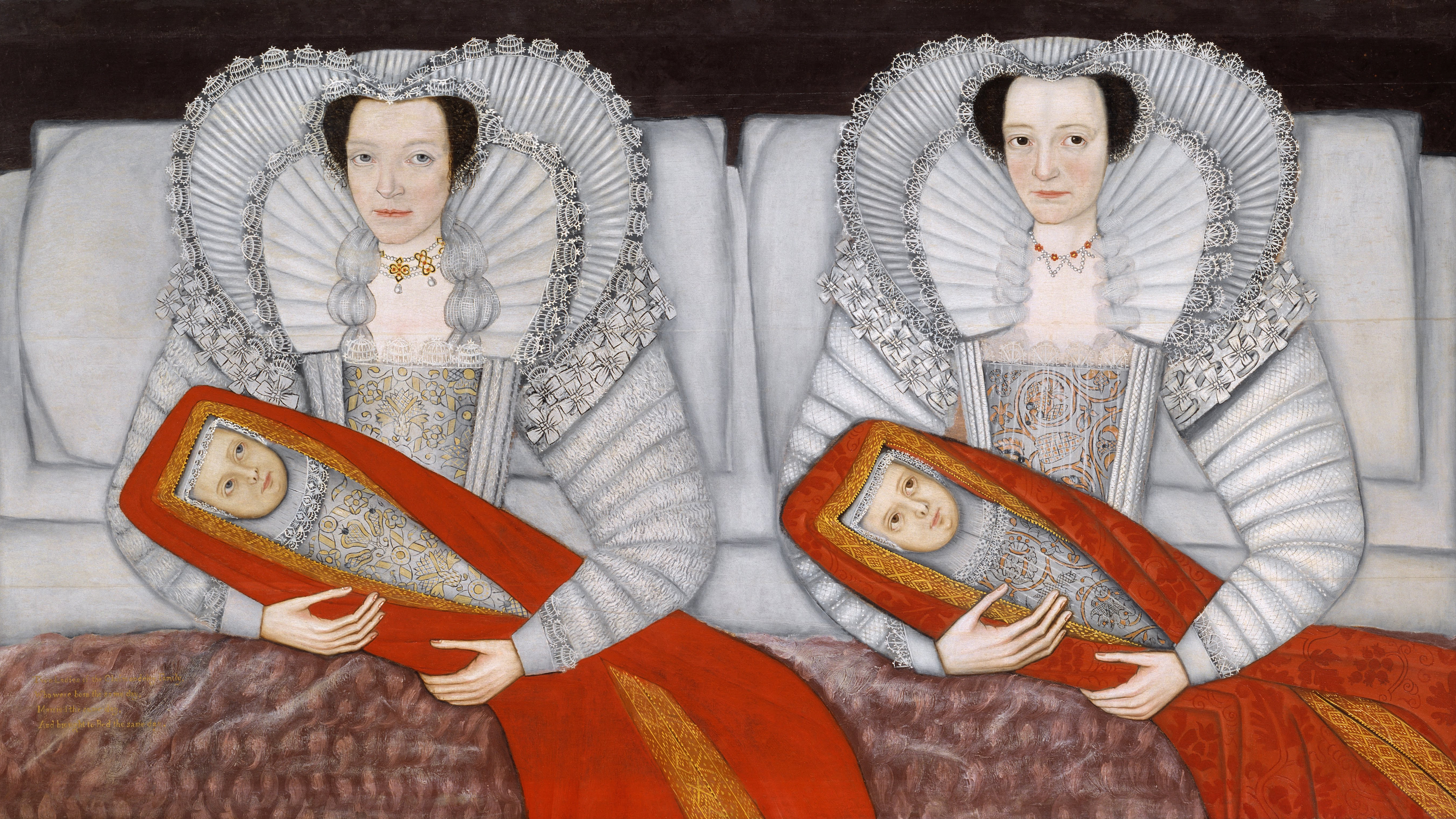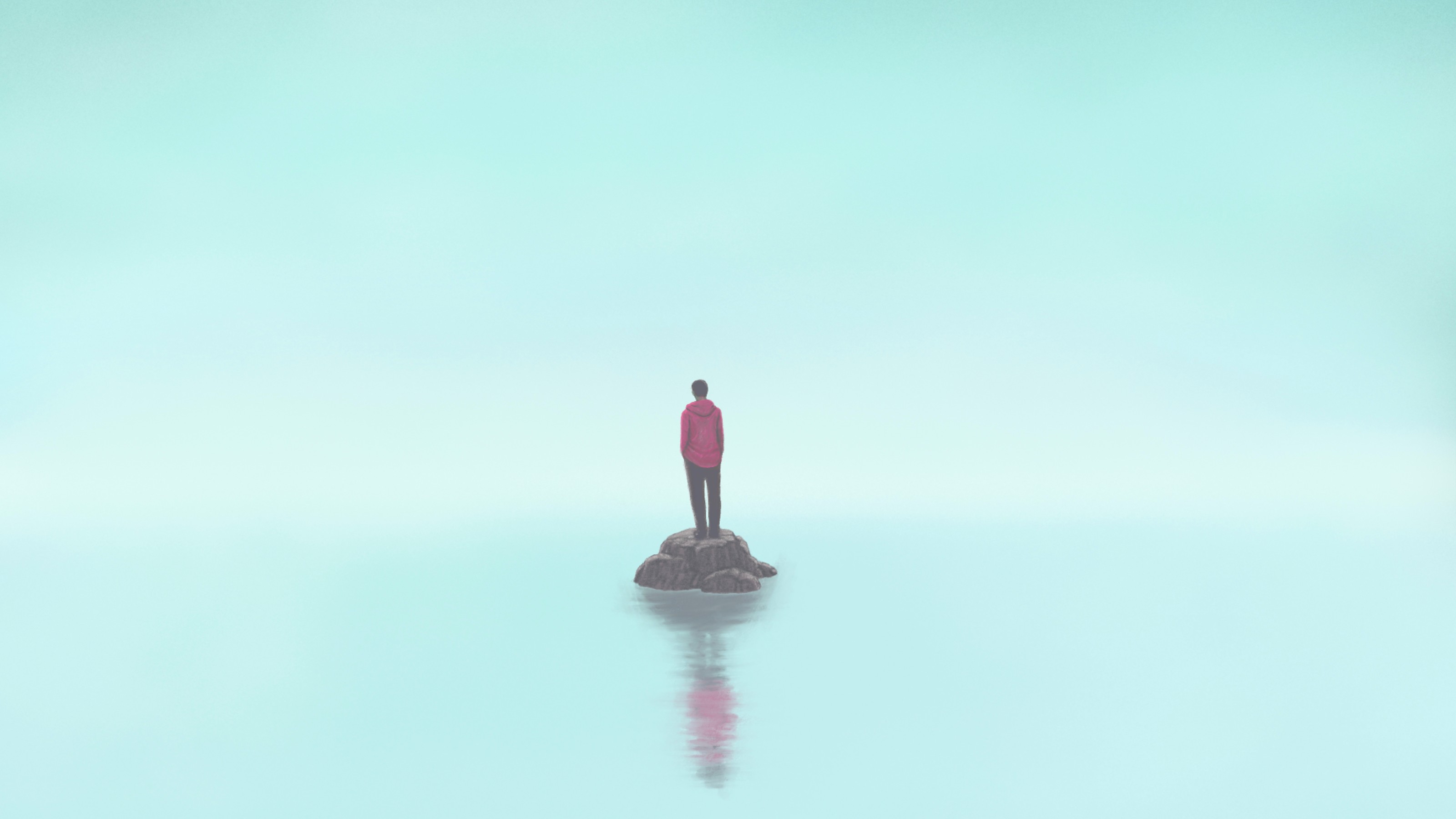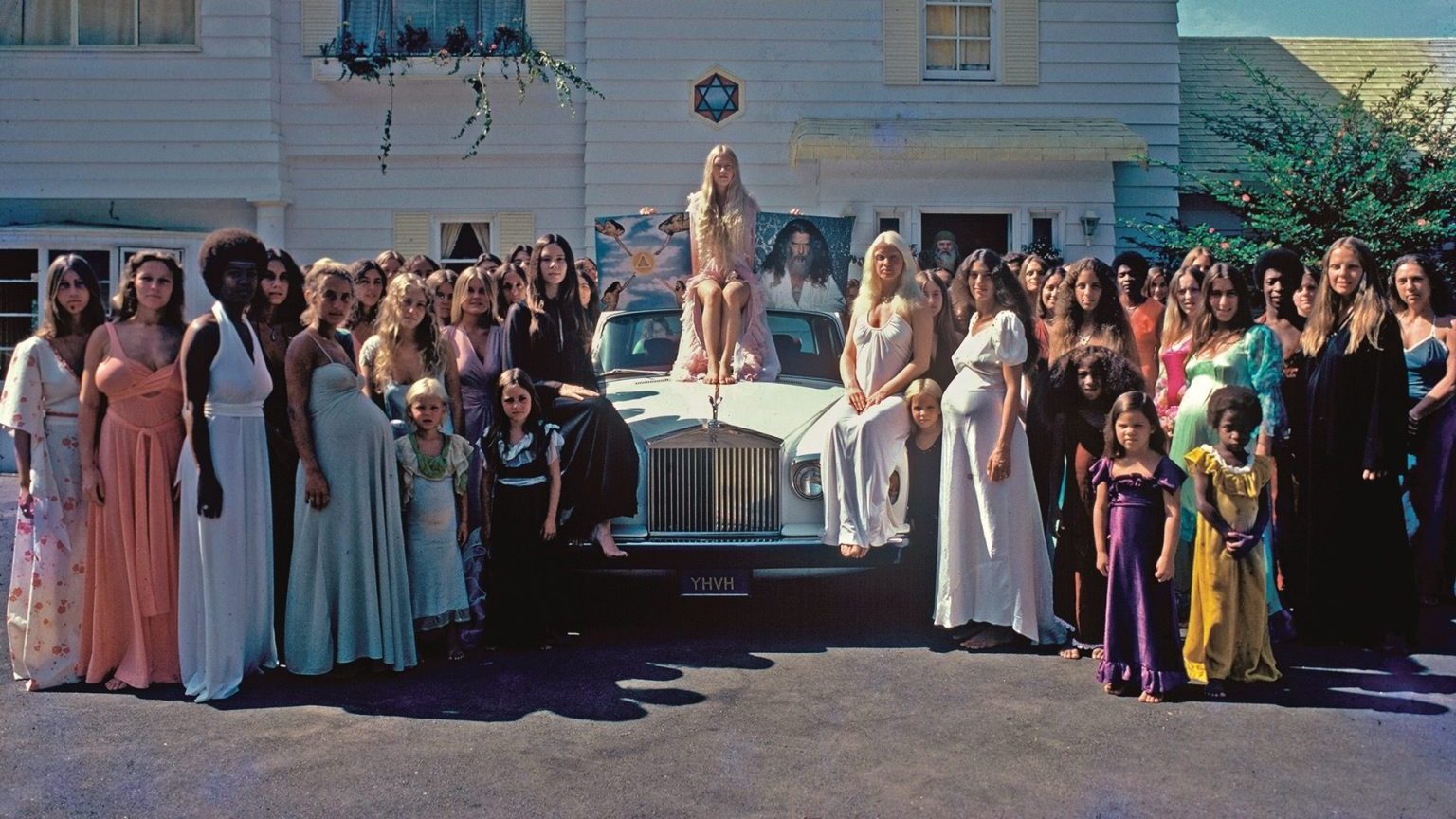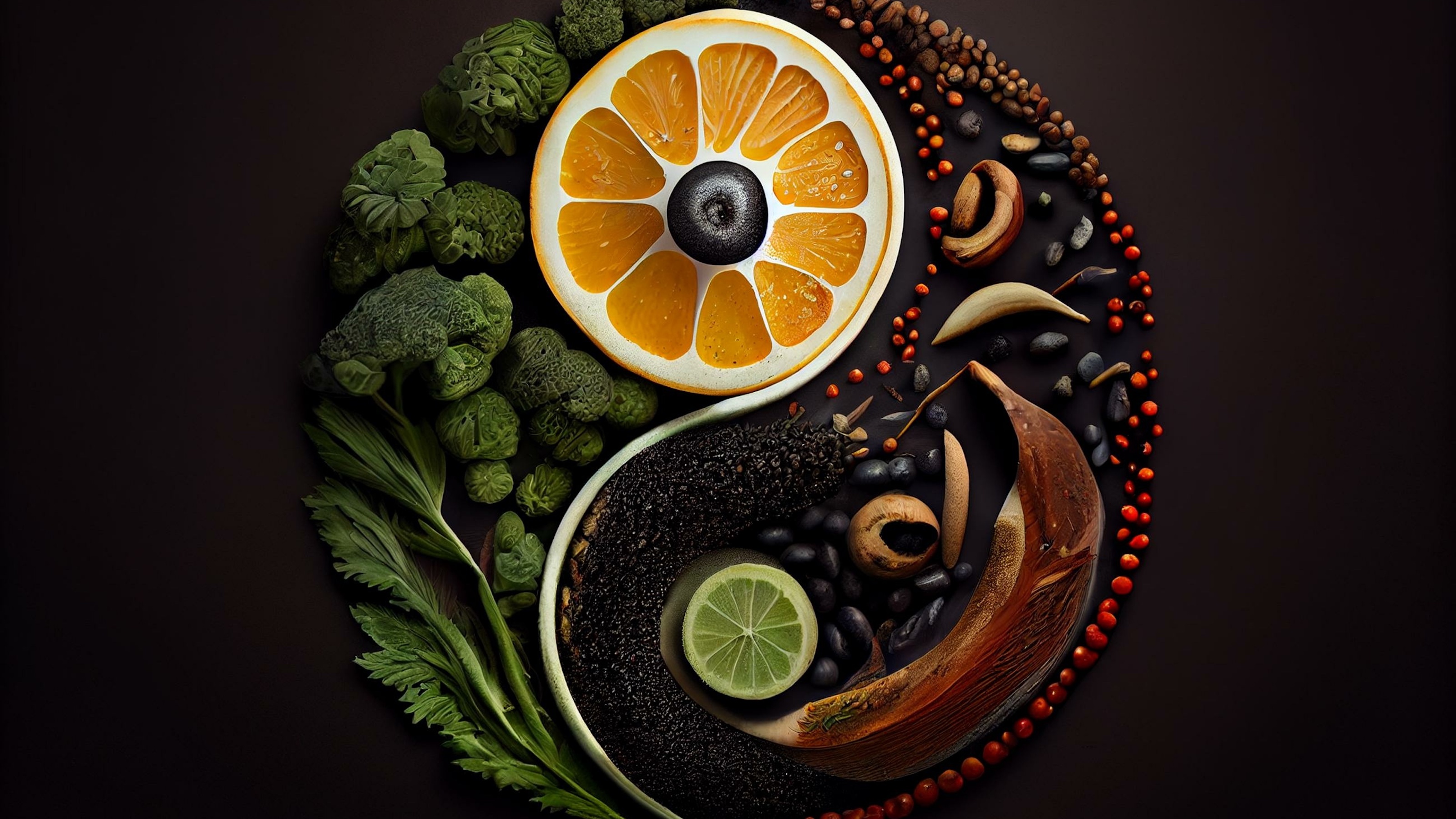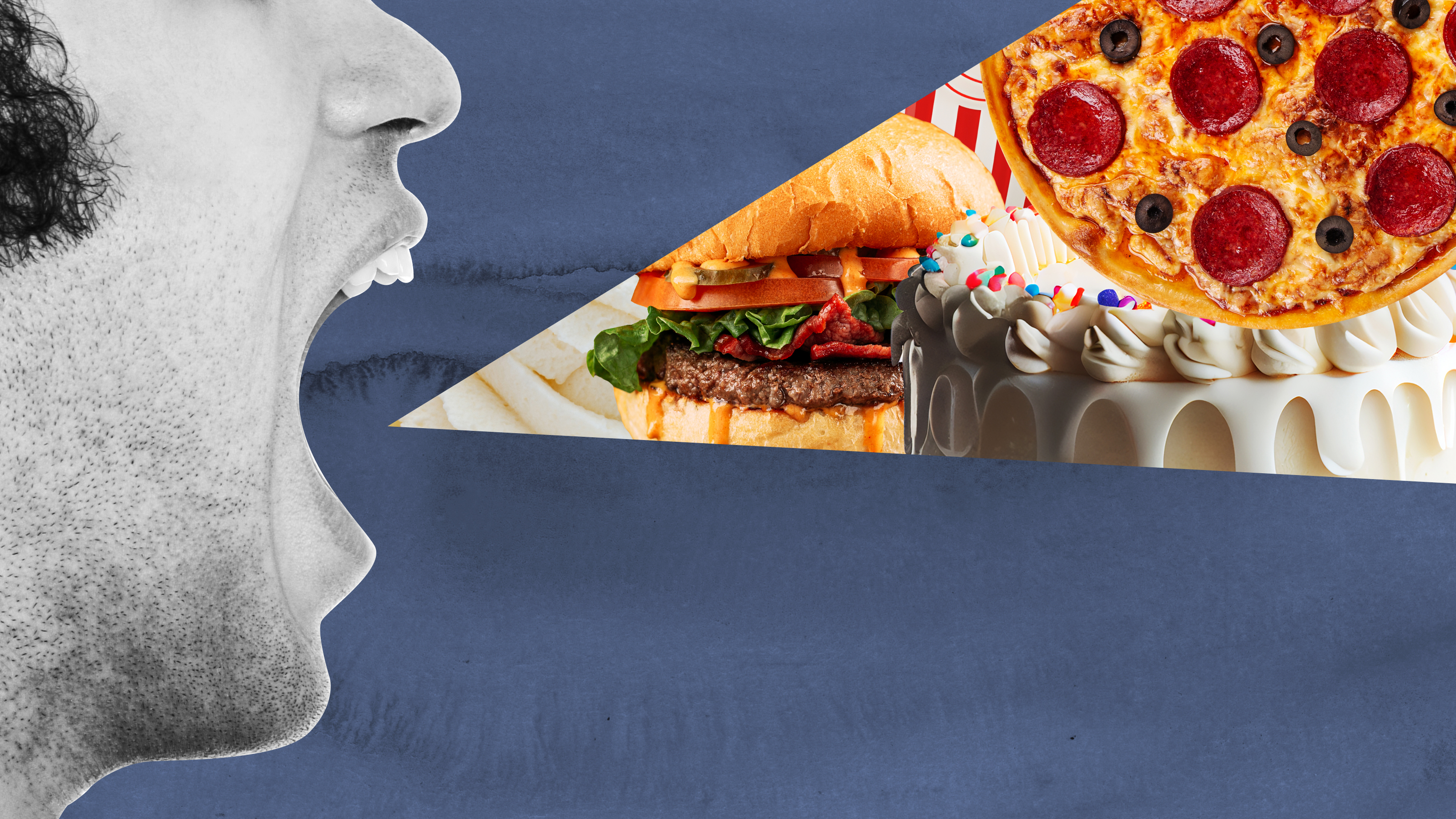wellness
A healthy lifestyle even protects those who are genetically predisposed to depression.
Want to be more intelligent? Here’s why you should hit the gym, according to neuroscientist Wendy Suzuki.
▸
4 min
—
with
Cancer cells hoard iron in unusually high quantities. Scientists have discovered how to leverage this to create safer cancer drugs.
Exercise neuroscientist Wendy Suzuki explains how your brain can age gracefully and optimally — and it starts with just a 10-minute walk.
▸
4 min
—
with
This is especially true for three key groups.
Our one-size-fits-all approach to sex education hasn’t worked for a long time. Sex educator Emily Nagoski explains what we know (and don’t know) about the role neurodiversity plays in intimacy.
▸
6 min
—
with
Millennials — who were raised to expect unlimited success but found only disappointment — can be drawn to manifestation.
“The more I unleash myself from the tethers of domestication, the happier I feel.”
Bad news: Sleeping in on the weekends probably won’t cut it.
Grief never ends. There is no closure, but there are things we can do to mitigate the feeling of loss.
Decades of Alzheimer’s research might have missed a cellular culprit hiding in plain sight.
How the simple act of watching twilight can radically transform our perception of the world and our role within it.
Stoicism is popular today but often misunderstood and misapplied. In fact, a naive interpretation of Stoicism is damaging to your well-being.
The outrage machine is fueled by toxicity. But there are practical steps that we can take to recapture control over our emotions.
Don’t feel compelled to start a napping routine just yet.
Neuroscientists think a cluster of cells in the brain that stimulate appetite could be a target for eating disorder therapies.
When you do something with all your heart and mind, you do it with “meraki.” When we lack this feeling, it can lead to burnout.
The Serenity Prayer is nice — until the missiles come raining down on your city.
“Domesticated viral genes” may not be domesticated as scientists thought.
A new online religion is spreading misinformation and phony products.
You’ll be able to sleep through a war.
A part of human nature needs to be challenged and feel strong. Today, we fulfill that need with “surrogate activities.”
Emotion dysregulation has been linked to unhealthy risk-taking, relationship challenges, and negative physical health outcomes.
Raw food, paleo, gluten-free, detox, and ketogenic: All of these diet fads withered when subjected to scientific scrutiny.
Claims of a “loneliness epidemic” aren’t based on robust data. Loneliness might be a problem, but it’s not worse than it was in the past.
The Source Family, a radical 1970s utopian commune, still impacts what we eat today.
De-urbanized lifestyles can be aligned with basic Taoist principles — and remote workers are starting to feel the connection.
Our bodies crave more food if we haven’t had enough protein, and this can lead to a vicious cycle.
